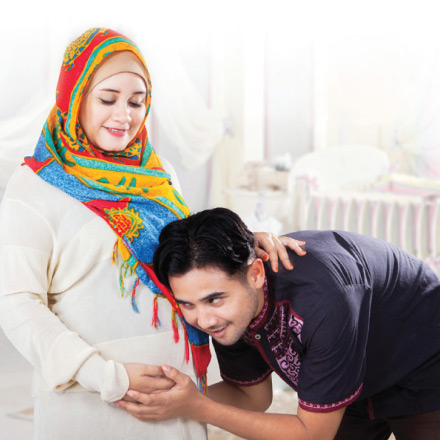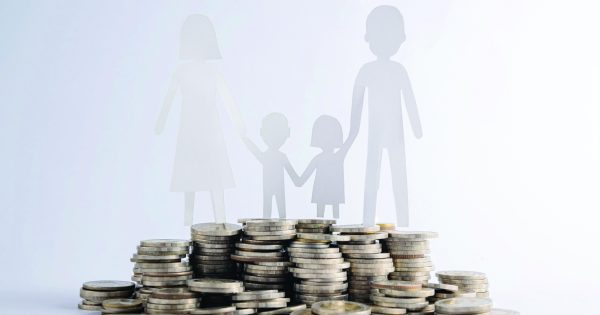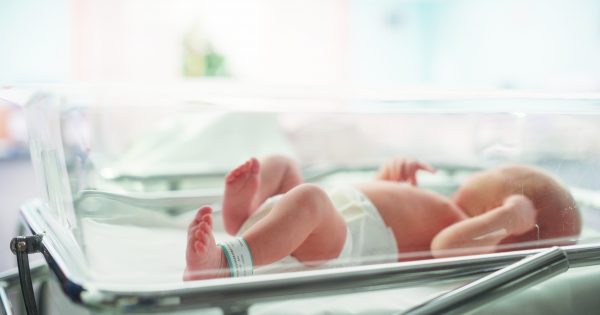Nowadays, becoming pregnant after 40 is becoming more common compared to the past. This delay may result from women becoming focused on their careers or find their partners later in life. However, if you are a woman in your 40s who wants to have a child, or if you are a young woman who plans to have a child much later in life, there are many risks and/or disadvantages that you should be aware of.
Natural limits
Nature has its own way of preventing possible complications to both mother and baby – a woman in her 40s will have much lower fertility. In fact, many experts will agree that it is almost impossible to get pregnant with your own eggs once past 45.
The reason for this is because of your dwindling egg supply (which decreases significantly with age). On top of that, older eggs also tend to have chromosomal problems which make the risk of miscarriage and birth defects higher. However, modern fertility treatments have made it possible for women above 40 to become pregnant more easily and to successfully have children.
In addition to the risk of infertility, some of the other complications you may face include:
- miscarriage,
- placenta previa,
- gestational diabetes,
- high blood pressure,
- ectopic pregnancy,
- pre-eclampsia and eclampsia (the risk is higher if you have your first baby above 40),
- problems during labour (prolonged second stage labour and foetal distress) which increases the chances of a forceps- or vacuumassisted delivery or a Caesarean section,
- higher possibility of multiple foetus (e.g. twins or triplets),
- premature delivery.
Puts baby at risk
However, the more worrying aspect is the fact that your baby also faces increased risks. These may range from:
- stillborn,
- low birth-weight,
- premature birth,
- more vulnerable to chromosomal aneuploidies, genetic abnormalities, or congenital malformations.
Minimising your risks
Now that you know the risks, should you still intend to have a child, the very first thing you should do is consult a fertility specialist. He will be able to highlight in greater detail what areas you need to be concerned about.

However, in general you will need to first take care of your own health, as pregnancy will take its toll on your body not just physically, but mentally as well. One of the most common complaints of pregnant women is fatigue and this may hit you harder if you are in your 40s.
So how can you minimise your risks? You should start well before your planned pregnancy. The two most important things you can do are to maintain a healthy eating habit with a diet of nutritious food and to lead a physically active lifestyle.

Not all bad news
Despite all the “doom & gloom”, there is a silver lining to the dark cloud. Research has shown that older mothers can make better parents – there were markedly better rates of health and development for children of older mothers, which includes better language development and comparatively fewer social and emotional difficulties.
In addition to that, you may also find yourself much better prepared to cope with the physical and emotional stress of parenting than younger mothers. Being older also makes you wiser, and your experience and knowledge will be of great benefit to your child. You will also be much more likely to be more financially stable and have better resources to raise your child with.
An educational collaboration with Obstetrical and Gynaecological Society of Malaysia.







Comments